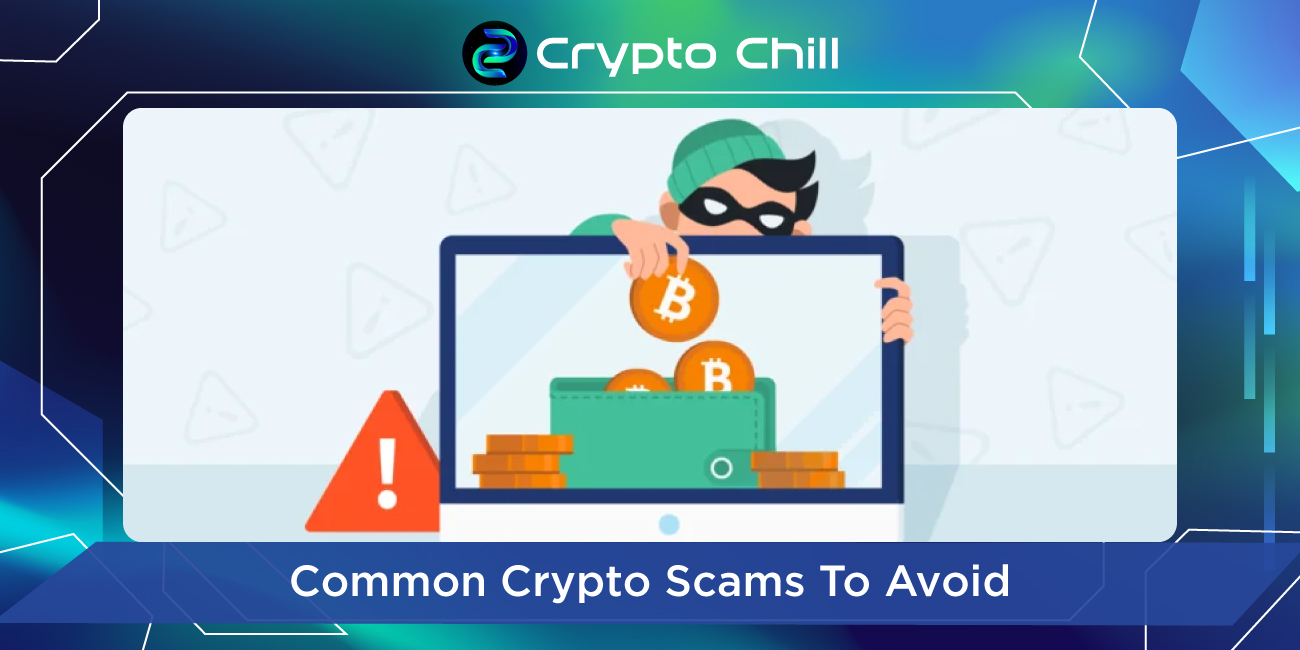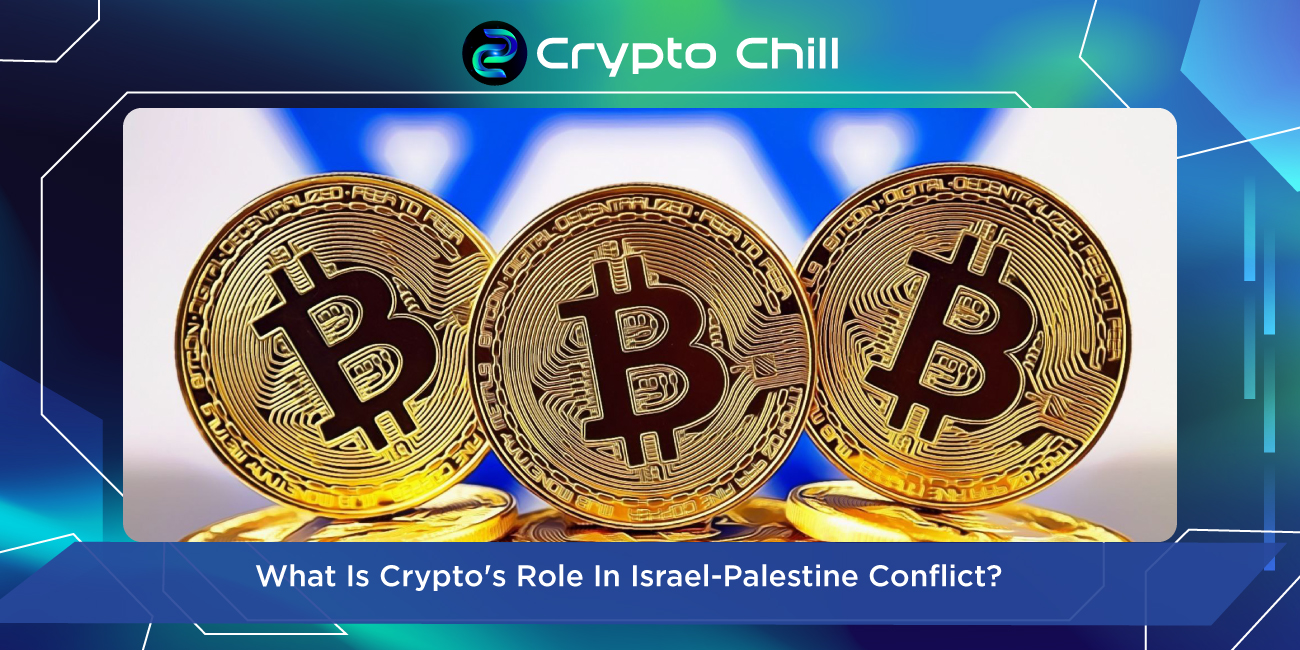As the crypto market continues to expand, the risks associated with fraudulent activities, commonly known as “scams,” have become a concerning issue. But what exactly is a scam, and how can you protect yourself from falling victim to one?
What is a scam?
A scam is a term used to describe the actions of individuals or organizations who engage in unlawful activities with the intent to misappropriate assets and steal information from users. Typically, this concept encompasses a wide range of misconduct across various sectors, from financial to everyday life, with the most prevalent occurrences happening in the realm of Web3.
In the crypto market, scams refer to fraudulent actors attempting to obtain money and user information through various means, such as exit scams, rug pulls, and cryptojacking. These scams are becoming increasingly sophisticated and harder to detect. Some argue that the crypto market is a haven for fraudulent activities.
Common Crypto Scam Varieties
The crypto market lacks legal safeguards for online activities, giving fraudsters numerous opportunities to steal information and assets. To enhance vigilance, here are some common scam types that users should be aware of:
- Exit scams: These scams occur when the developers of a cryptocurrency project abandon the project and take all of the investors’ money.
- Phishing attacks: These attacks involve sending emails or text messages that appear to be from a legitimate source, such as a cryptocurrency exchange or wallet provider. The emails or text messages will often contain a link that, when clicked, will take the victim to a fake website that looks like the real website. Once the victim enters their login information on the fake website, the scammer can steal it.
- DNS Attacks: In DNS attacks, hackers manipulate a project’s domain name system (DNS) information, redirecting users to the hacker’s domain. For example, users may click on a link for Uniswap with the correct domain (uniswap.com), but upon clicking, the domain automatically changes to unisswap.com, belonging to the hacker.
- X/Discord Hack: This type of scam targets individuals participating in airdrops, where accounts on platforms like X/Discord associated with the project releasing a new token become the focus of hackers.
- Airdrop scams: Airdrops are a way for new cryptocurrency projects to distribute their tokens to the public. However, some scammers create fake airdrops in order to steal people’s money. These fake airdrops will often ask people to send a small amount of cryptocurrency in order to claim their airdrop tokens. Once the victim sends the cryptocurrency, the scammer will keep it and disappear.
- Revoke Scam: A variation of airdrop scams, where scammers trick users into revoking scam tokens, causing gas fees to spike, and the extra fees go to the scammer’s wallet.
- MEV Bot: Scammers provide code and instructions for victims to deploy smart contracts, leading to ETH transfers. However, the code contains instructions that divert the funds to the scammer’s wallet. This scam targets those with limited coding knowledge.
- Pump-and-dump schemes: These schemes involve artificially inflating the price of a cryptocurrency in order to sell it at a higher price. The scammers will often use social media or other channels to spread false information about the cryptocurrency, making it seem more valuable than it really is. Once the price of the cryptocurrency has been inflated, the scammers will sell their tokens and make a profit.
- Fake ICOs: Initial coin offerings (ICOs) are a way for new cryptocurrency projects to raise money. However, some scammers create fake ICOs in order to steal people’s money. These fake ICOs will often look legitimate, but they will be run by scammers who have no intention of delivering on their promises.
How to avoid scams?
These are just a few of the many types of scams that exist in the crypto world. It is important to be aware of these scams and to take steps to protect yourself. Here are some tips for avoiding scams:
- Do your research: Before investing in any cryptocurrency project, do your research and make sure that the project is legitimate. Read the project’s white paper and check out the team’s background.
- Trust your gut: If something seems too good to be true, it probably is. If you have any doubts about a cryptocurrency project, it is best to avoid it.
- Never give out your private keys: Your private keys are the keys to your cryptocurrency wallets. Never give them out to anyone, not even the developers of a cryptocurrency project.
- Be careful about clicking on links: Scammers often send emails or text messages that contain links to fake websites. Before clicking on any link, make sure that it is from a legitimate source.
- Use a secure wallet: A secure wallet will help to protect your cryptocurrency from being stolen. There are many different types of wallets available, so choose one that is right for you.
By following these tips, you can help to protect yourself from scams and keep your cryptocurrency safe.
How to Spot a Scam?
In addition to the tips above, there are a few things you can look for to help you spot a scam:
- Promises of high returns: If a project promises high returns with little or no risk, it is likely a scam.
- Urgent requests for money: Scammers often create a sense of urgency, such as saying that the offer is only available for a limited time or that you need to act now to avoid missing out.
- Unrealistic claims: If a project makes unrealistic claims, such as saying that it will revolutionize the world, it is likely a scam.
- Lack of transparency: A legitimate project will be transparent about its team, its plans, and its finances. If a project is secretive or refuses to answer questions, it is a red flag.
If you see any of these red flags, it is best to avoid the project. Remember, if something sounds too good to be true, it probably is.
Conclusion
The cryptocurrency market is a rapidly growing and evolving space. With this growth comes new opportunities, but also new risks. By being aware of the most common crypto scams and how to protect yourself, you can help to keep your cryptocurrency safe.
Disclaimer: The information in this article is not investment advice from CryptoChill. Overall, cryptocurrencies always carry many financial risks. Therefore, do your own research before making any investment decisions based on this website’s information.











No Comment! Be the first one.